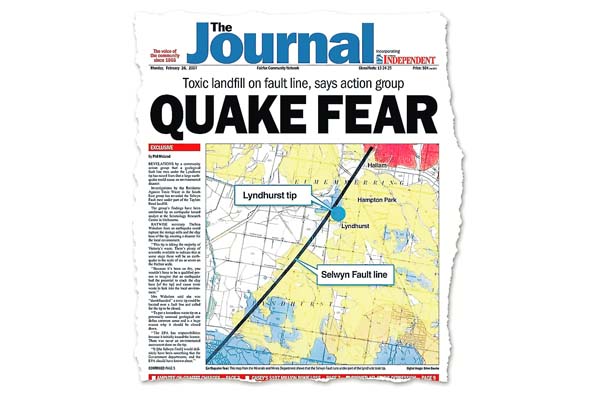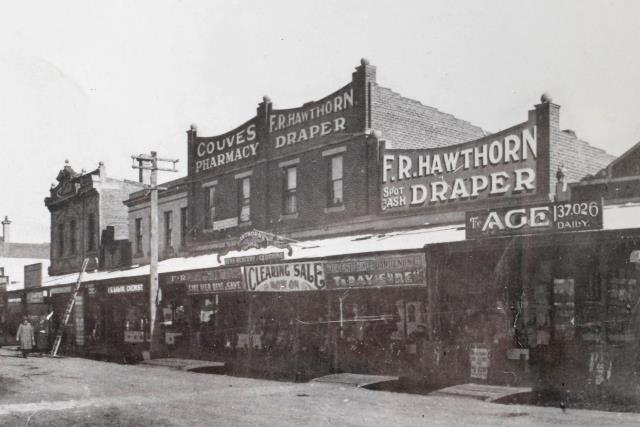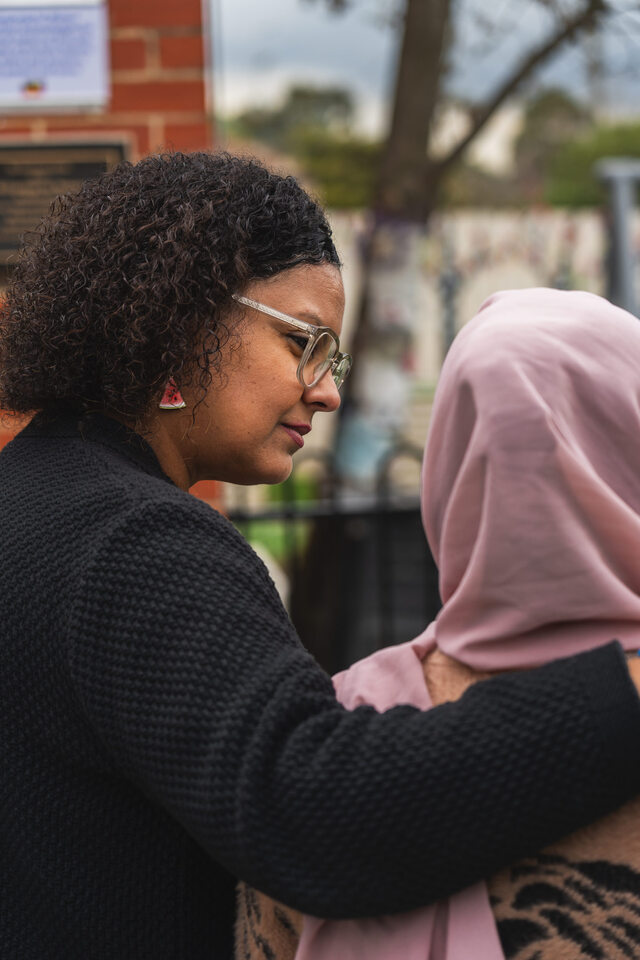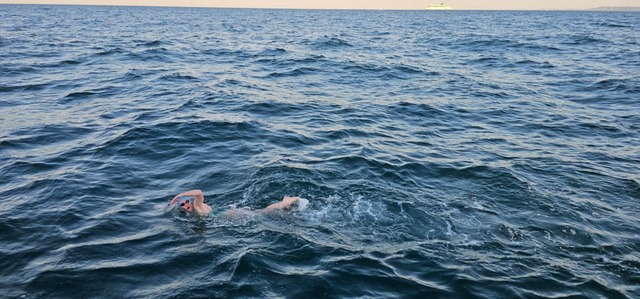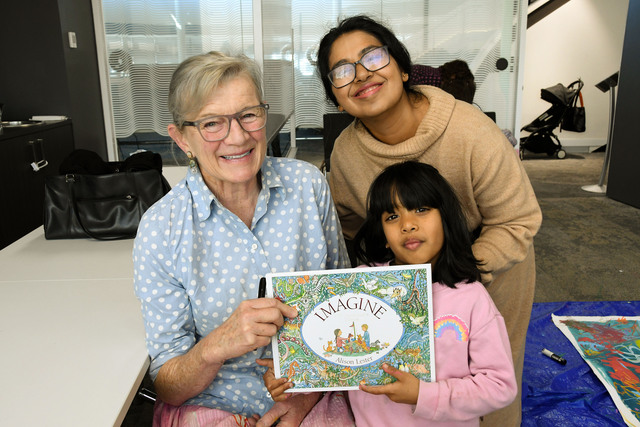Daniel Tran talks to those fighting to get Australia’s Boer War soldiers recognised.
When the Boer War broke out in 1899 and Britain called for assistance from the empire, more than 23,000 men from Australia’s six colonies enlisted.
The response was so overwhelming that a ballot had to be held to decide who should go. But that didn’t stop some men who paid their own way to Africa and enlisted.
It was for most the first taste of conflict and, when the war was over, many came home to a federated nation. But more than a hundred years later, and despite about 1000 casualties, the soldiers still are forgotten in their nation’s capital.
While Australia has paid tribute to Mustafa Kemal — later known as Kemal Ataturk — who was the commander of Turkish forces at Gallipoli, Boer War soldiers have still not been recognised with a memorial of their own.
An area has been set aside for the memorial in Anzac Parade in Canberra but building it comes with a hefty price tag: $4 million.
Knoxfield’s Peter Wilmot, the acting chairman of the National Boer War Memorial Committee (Victoria), says the cost structure is the biggest hurdle the group is facing.
A subcommittee in each state is trying to raise a share of the
$4 million. The Victorians have been able to get about $550,000 in donations but need another $500,000 to build the memorial. But their time is limited; the area where it is to be built will only be reserved until the end of next year.
‘‘As subcommittees, unless we get some support from the government, I think it won’t be achievable,’’ Mr Wilmot says.
He is pleading with the federal government to show some compassion. ‘‘They have donated to other organisations and quite substantially. But the problem is, there’s no votes in dead people. If the soldiers were still alive, there’d might be a bit more chance of seconding money.’’
Mr Wilmot — the great nephew of Staff Sergeant Thomas Heery, who served in the 3rd New South Wales Mounted Rifles — is saddened that the Boer War soldiers haven’t been recognised.
‘‘There were a thousand Australians who died in South Africa and as Australians we don’t recognise that by not having a memorial.
‘‘Public awareness is very important to let the people of Australia know that we haven’t got a memorial in Canberra and that we would love to have one there.’’
Glen Waverley’s Geoff Dare is also passionately fighting for the cause. His grandfather Sergeant Miles Dare, who fought with the 4th Australian Commonwealth Horse battalion, was only 19 when he went over to Africa to fight. Mr Dare says Boer War soldiers have been lost in history.
‘‘By the time the war ended and they came back, Australia was just struggling with federation. The first world war came along about 12 years later and there were huge losses over there. I think the Boer War was forgotten about at that stage.
‘‘There are a lot of people who don’t know the difference between the Boer War, Gallipoli and the first world war.’’
But in addition to getting a national memorial, Mr Dare hopes to remember the veterans who enlisted in Monash by improving the local memorial at the Waverley RSL.
‘‘The national memorial is the main aim but I’m very keen to see our local people recognised as well.
‘‘I’d very much like to hear from anyone in the area that had an ancestor who enlisted in the Shire of Mulgrave. We would like to incorporate their names on our memorial if we can.’’
Monbulk RSL president Ted Beard’s grandfather served in the 3rd Victorian Bushmen and left Melbourne for Africa in 1900. Originally hailing from Sale, Private Walter Beard was a bush labourer and, like many of the Australian soldiers, was highly regarded on the African plains for his horsemanship, rifle skills and bushcraft.
‘‘They wanted bushmen. They wanted blokes who could do the guerilla stuff and chase the Boers (descendants of Dutch settler farmers) on horseback,’’ Mr Beard says.
Private Beard went to the Boer War twice: the first time as part of the Bushmen and the second with the Scottish Horse. After the war, he stayed in South Africa for about 20 years and joined the police force before running a prison in Nongoma, Zululand.
His son, Ted, was born in Australia but returned to South Africa. The 64 year old remembers growing up with Zulu artefacts littered about his house.
Mr Beard, a Vietnam veteran, inherited his grandfather’s medals. ‘‘You’re meant to get replicas made and wear the replicas but, as far as I’m concerned, it wouldn’t be the same. They are my link with him as a living person.
‘‘I wear them on Anzac Day at Monbulk.’’
He too is hoping to see a national memorial for those lost in the conflict.
‘‘It’s so long ago now that people would be inclined to forget about it.’’
A spokesman for Minister for Veterans’ Affairs Warren Snowdon told the Weekly that the construction of a national Boer War memorial was being considered as part of the 2012-13 budget.

